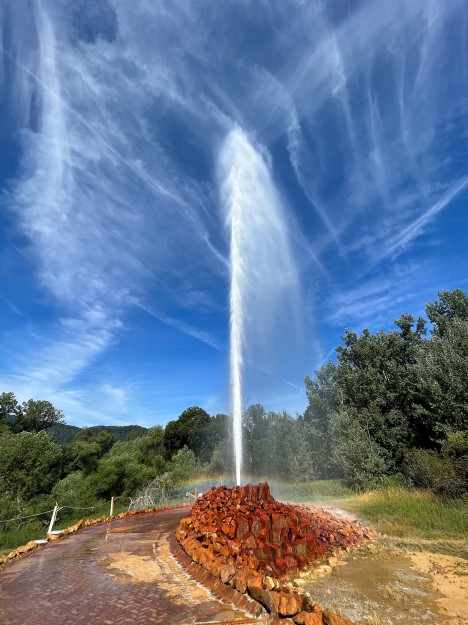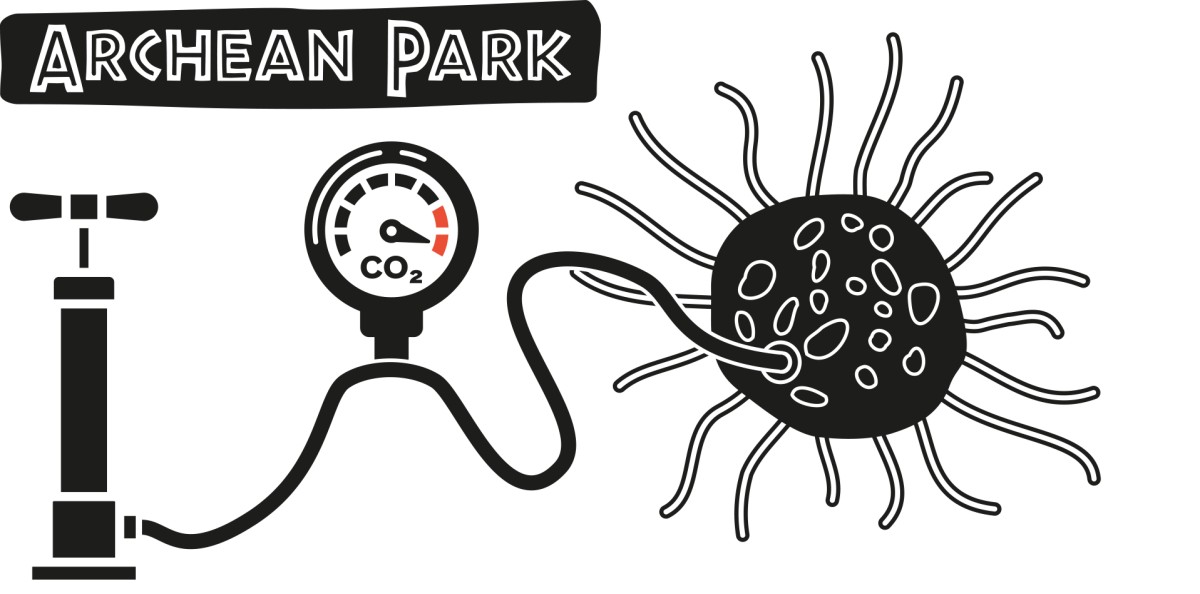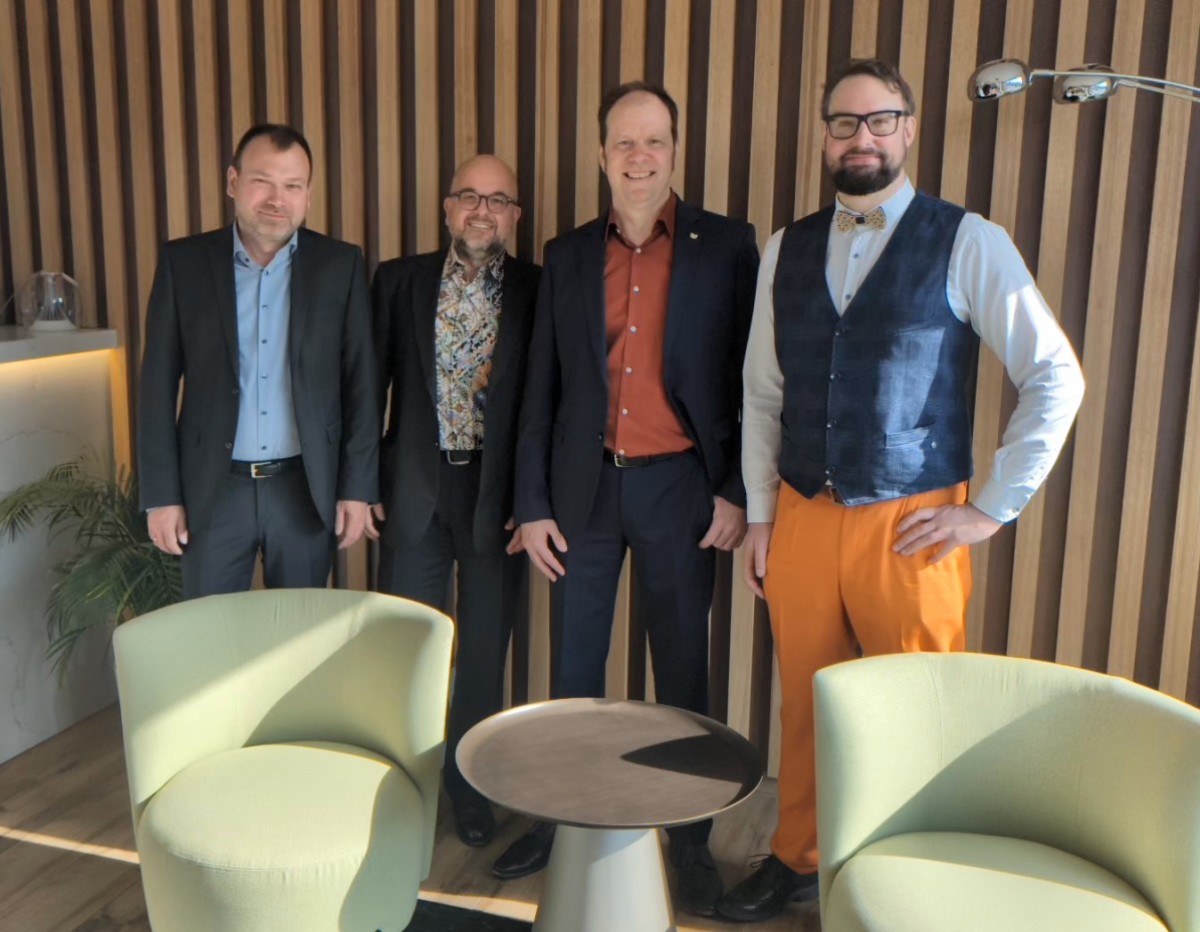
ERC Synergy Grant will help to provide insights into life on the early Earth
A team of researchers from the Universities of Münster, Bremen and Duisburg-Essen, and from the German Research Centre for Geosciences (GFZ) in Potsdam, has been awarded a prestigious grant from the European Research Council (ERC) – an ERC Synergy Grant, worth a total of 11.5 million euros. The researchers’ aim in the Archean Park project, which is set to run for six years, is to gain insights into life as it existed under primeval conditions and to discover unknown metabolic pathways which enabled microorganisms to live on the early Earth 4,000 to 2,500 million years ago. Those involved are microbiologist Prof. Ivan Berg (University of Münster), biogeochemist Prof. Kai-Uwe Hinrichs (MARUM – Research Faculty of the University of Bremen), microbiologist and bioinformatics specialist Prof. Alexander Probst (University of Duisburg-Essen) and geomicrobiologist Dr. Jens Kallmeyer (GFZ Potsdam).
“The award of this grant is a great distinction for Ivan Berg, his team and his colleagues in the other research institutions – and we are proud that we, as the University of Münster, have been awarded a Synergy Grant for the first time,” says University Rector Prof. Johannes Wessels. “Ivan Berg is engaged in some outstanding research, and this research project follows on from the work he has done so far on carbon dioxide metabolism, creating new knowledge which takes us back to the beginnings of life on Earth.”
At an early stage in the history of the Earth, the Archean Eon, the conditions which prevailed then were different from those of today. The Earth’s atmosphere did not contain any oxygen, but it did contain a high level of carbon dioxide (CO2). Nevertheless, there were living organisms which were able to cope with this: the first microorganisms built up biomass from CO2, and for this purpose they presumably used chemical energy – not light, as plants today do. The researchers suspect that today subterranean ecosystems rich in CO2 also harbour microorganisms which prefer, or even need, extremely high concentrations of CO2. Possibly, relics of the old metabolic pathways still exist in various already known microorganisms, but they are no longer active under contemporary low CO2 conditions.
“Only under conditions with a high partial pressure of CO2 are the ancient pathways better in energy terms,” says Ivan Berg. “However, these conditions do not exist as a rule when cultivating bacteria in the lab, which is why the microorganisms there use different metabolic pathways, and also perhaps why no one has so far noticed that these pathways still exist today.” Partial pressure indicates the pressure of components in a gaseous mixture.
The expertise which the people at GFZ have is needed to find microorganisms living below the Earth’s surface. The researchers’ speciality is deep drilling, and their aim is to bring to the surface subterranean rock samples containing previously unknown microorganisms. The researchers at the University of Duisburg-Essen will be using studies of the genetic material (DNA and RNA) of the microorganisms to predict metabolic pathways, while the biogeochemists from Bremen will be hunting for microbial lipids and metabolic products. Among other things, they can then draw conclusions regarding the CO2 metabolism. The Münster University team’s speciality is biochemical investigations, and their aim will be to decode the metabolic pathways.
The work being planned is basic research, aiming at new insights into the microbial carbon cycle. The results of the research can also stimulate biotechnological and geotechnical innovations which might be used in the production of biomass, using microorganisms, or in considering possibilities for storing surplus carbon dioxide from the atmosphere.
Synergy Grants from the European Research Council
The European Commission awards Synergy Grants only for particularly ambitious research projects which are at the interface between various disciplines, and which cannot therefore be carried out by just one research team alone. Only about nine percent of the funding proposals submitted in the current round were approved – in total, the ERC awarded 37 Synergy Grants.
Besides the Synergy Grants, the European Research Council (ERC) has four other research-funding programmes: Starting Grants, Advanced Grants, Consolidator Grant and Proof of Concept Grants.



